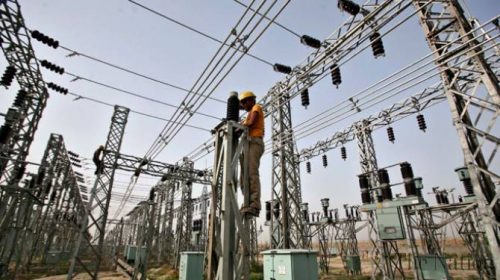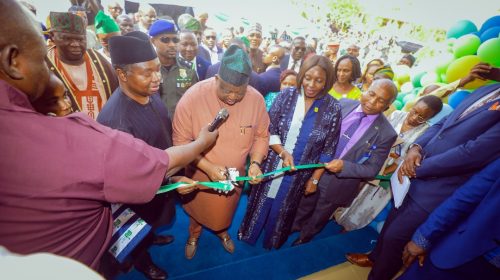US Warns FG On Continued Payment Of Subsidies On Petrol
While the federal government continues to falsely claim that the subsidy it pays on imported fuel is “under recovery”, the United States Agency for International Development has warned that fixing critical sectors such as education and health care services will remain a mirage until subsidies on petroleum products and electricity are discontinued.
The USAID Country Mission Director, Stephen Haykin, who represented the US Ambassador to Nigeria, Stuart Symington, said this at the 10th Anniversary Colloquium of the Financial Nigeria Magazine in Abuja on Tuesday.
Haykin said the inability of the country to recover the cost of electricity as well as the failure to recover the full cost of production from pump prices of petroleum products meant that critical resources were being diverted instead of being invested in critical needs in education and health care.
“One proximate cause of poor health, education and nutrition standards is low public expenditure. This, in turn, is related to very low public revenues due in fact to low tax rates and weak systems for tax collection.
“Low social spending is also as a result of transfers from government to petroleum and power sectors, because fuel and electricity tariffs are below cost recovery levels,” he said.
Attributing poor social development to crises across the country, Haykin said, “Fiscal, trade and other micro-economic policies tend to act as breaks on private sector initiatives on economic growth. Weak governance due to inadequate capacities or lacks of checks and balances also slows social and economic development.”
Also speaking at the event, a former Minister of Health, Muhammad Pate, said that about 40 per cent of under-five children in Nigeria were experiencing stunted growth.
Pate, who is currently an adjunct professor of global health at the Duke University, in his keynote presentation noted that the Nigerian political elite were serving themselves rather than the people.
He said, “After extracting almost a trillion dollars’ worth of oil since our national independence, we have a situation where poverty is going on. We have effectively squandered an opportunity to utilise the natural resources that we obtain purely by chance, not by hard work.
“Instead of investing to uplift our people’s lives, our political elites by commission or omission choose the path of short-term comfort and purchase of loyalty through economically unwise or corruption riddled national expenditure at the expense of economically sound investments in both human and physical aspects to transform our nation.
“For a country to realise its demographic dividends, it must first undergo demographic transition, which means a shift from high fertility and high child mortality to relatively lower fertility and child mortality.”
Businessandmaritimewestafrica






Leave a Reply